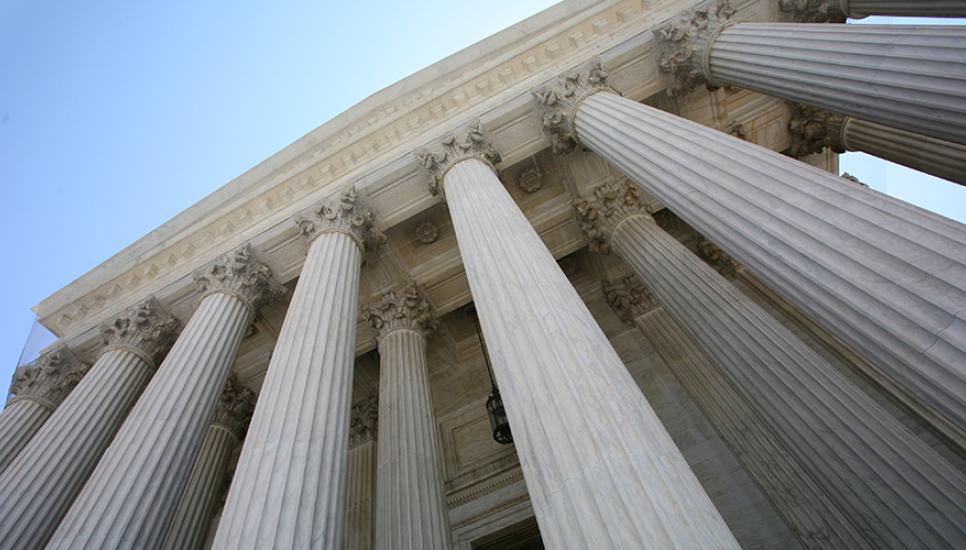Supreme Court tax case could have outsized ramifications on income taxation

The constitutionality of a $14,729 tax obligation has made it all the way to the Supreme Court. And if you suspect that sum is too modest for the Court to truly care about, then you’re onto why the worlds of tax and wealth management, not to mention the White House, are closely watching this case.
Whether Charles and Kathy Moore are refunded their mandatory repatriation tax payment from 2018 is a footnote relative to the question the Court might answer in Moore v. United States if it chooses to issue a broad ruling in spring 2024.
Can Congress tax wealth by imposing an income tax on paper gains on a taxpayer’s home, land, business or other long-term investments?

Challenging the constitutionality of a tax law
The Moores didn’t necessarily set out to provoke a ruling that could result in seismic changes to the US tax landscape. They seek a refund on the $14,729 they were forced to pay as a result of their stake in a farming equipment corporation located in India.
The specified foreign corporation, KisanKraft, reinvests its profits; but an American tax law enacted in 2017 required a one-time repatriation on profits held overseas. Even though the Moores never received a corporate dividend, they were on the hook for the tax.
The Moores challenged the tax primarily on the grounds that it is not an income tax under the 16th Amendment because it is levied on a deemed distribution of earnings — rather than a realization event — from the specified foreign corporation.
Potential tax ramifications of Moore v. United States
A relatively narrow ruling still could revisit 100 years of settled law governing taxation of unrealised corporate income. A broad ruling, however unexpected, could upend some foundational tax laws, transform how personal wealth is taxed, and affect billions, if not trillions, in government revenue.
Upping the stakes further is President Joe Biden’s so-called Billionaire Minimum Income Tax. The dormant proposal seeks to require the wealthiest of ultra-wealthy Americans to pay at least a 20% tax on their full income, including unrealised appreciation. The administration claims such a tax would reduce the federal deficit by $360 billion over the next decade.
Is such a tax even constitutional, though? The Court may see the Moore case as its opportunity to opine. After all, the issue of taxing unrealised capital gains is serious for individuals and for the capital markets.
Timeline for Moore v. United States
Oral arguments before the Supreme Court are scheduled for Dec. 5, 2023. A ruling is expected around June 2024.






